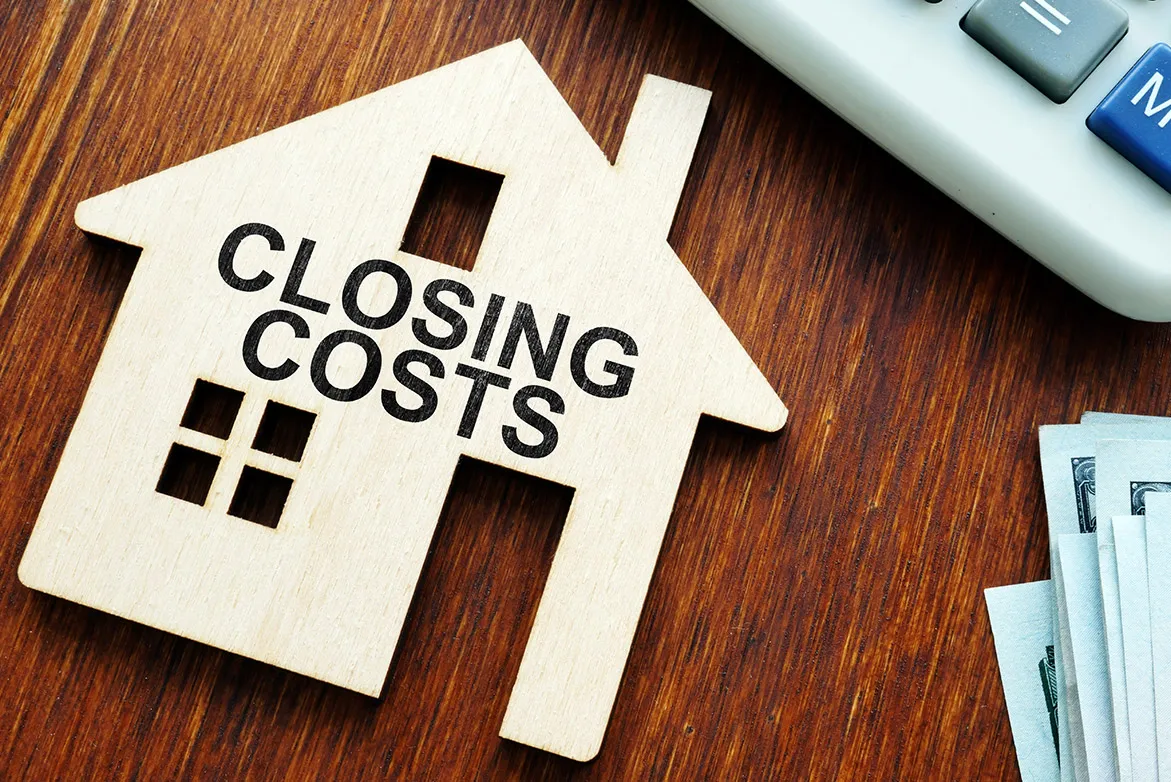
How Much Are Closing Costs On A Home? Your Planning Checklist
You did it! You finally found your dream home, qualified for a loan, and are ready to sign on the dotted line (about a million times). But before you can do a little happy dance with your keys, we need to talk about closing costs. Things like how much are closing costs on a home, what types of costs are most common, and how to reduce them. We’ve put the information together so you can keep calm and happy dance on.
The Big Question: How Much Are Closing Costs On A Home?
First, let’s define closing costs as fees due before a mortgage can finalize. Buyers are typically responsible for them, although some fall on the seller’s plate. As for answering the question, it’s unfortunately not so cut-and-dry.
Generally, though, you can expect to pay between three and five percent of your purchasing price in closing costs. The exact amount, however, depends on various factors like the types of costs required, how much you put down, or if you’re avoiding PMI (all covered below).
Types Of Closing Costs
Before you start panicking about more fees on top of a massive ticket price, let’s break down closing costs by the most common types. One thing to note: you won’t necessarily be responsible for all of these closing costs, so be sure to discuss your situation with your loan officer.
Property-Related Fees
These expenses, typically due before closing, help to verify the home’s value.
Appraisal: This fee covers a professional’s assessment of the home’s value so the lender can confirm it’s worth more than they’re lending against. For a single-family home, this fee is typically around $900.
Home Inspection: This fee covers a professional inspection of the home before closing to assess any potential issues with the home. Inspections typically cost buyers $300 to $425, depending on where the home is located.
Title Search: This particular fee does not apply to new construction homes. But for homes with previous owners, a title search fee includes an attorney or title company verifying that a title is clean with no liens or encumbrances. A search will run buyers about $100 to $250 but can sometimes climb to $1,000+ if it becomes complicated.
Title Insurance: In this same vein of the search, title insurance protects a buyer if problems arise (like fraud). Title insurance price varies by state, which you can see here.
Prepaid Taxes: Upon closing, buyers may have to pay six months to a year of property taxes. The amount is rate and state-dependent.
Loan-Related Fees
These expenses, typically due at closing, cover lender costs like mortgage creation.
Loan Origination: These fees cover the lender’s costs (overhead and outlying) to process your loan. It’s typically about 1% of the loan amount, but the total cost depends on your lender and loan type. For reference, if you’re borrowing $3,000, you’d potentially have a $3,000 origination fee.
Credit Report: When applying for a loan, your lender will have to pull in your credit report. Again, the exact amount depends on your lender, but on average, buyers can expect $30 to $50 per report.
Application: Buyers might be used to application fees when it comes to renting an apartment or even applying for scholarships. In this case, you would pay to apply for your mortgage loan, with the exact amount varying by lender.
Underwriting: Depending on your lender, this may be part of the loan origination fee, but an underwriting or administrative fee covers the costs of verifying your qualifications and eligibility. On average, this will be about 0.5% of your loan amount.
Mortgage/Discount Points: Mortgage or discount points are fees you can pay to your lender to reduce your interest rate. The number of points and reduced rate given vary by lender.
How To Reduce Costs
If the above breakdown has got you thinking, wait HOW much are closing costs on a home?! Don’t worry; there are ways to reduce them. At the risk of sounding like a broken record, these will depend on your lender and your financial situation.
Some ways to reduce costs include:
Avoid PMI: By putting enough down—or qualifying for an assisted FHA or USDA loan—you can avoid private mortgage insurance and a big chunk of change due at closing.
Negotiate with the seller: This one’s entirely market and seller dependent, but in some transactions it’s possible to negotiate with the seller to contribute toward certain closing costs. Keep in mind that sellers often won’t make concessions if competition is high.
Close toward the month’s end: Sometimes, closing at the end of the month means you can minimize your per diem interest fees.
Seek out other discounts: Some military or union members may qualify for additional financial assistance that can eliminate or reduce closing costs when purchasing a home.
Ultimately, if none of the above works for your situation, you can still optimize the lending process by working closely with your loan officer, getting a handle on debt, and focusing on savings before applying for a loan.
Hixon Experts Have Answers To Your Most Pressing Questions
At Hixon, we always want our buyers to feel in the know. Whether you’re asking yourself how much you’ll pay in closing costs on a home or need to know what closing costs are in the first place, we’ve got you covered! When helping you achieve your goals, we take a personalized approach that sets you up for long-term success. Part of that process means having total transparency about what’s required of you as a buyer, from documents to closing costs. This is people-first lending.
